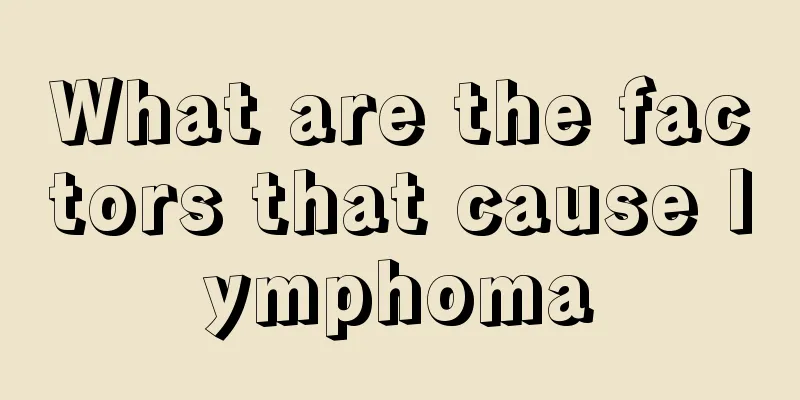6 major clinical manifestations of benign brain tumors

|
Benign brain tumors refer to tumors with good tissue differentiation, slow growth, and are mostly curable. The main symptoms are headache, dizziness, nausea, vomiting, papilledema, decreased vision, and blindness. 1. Headache: Headache is the earliest and most common symptom of brain tumor. It is intermittent at first, and is more common and severe in the morning when waking up and at night. Headache can be aggravated by coughing, exerting force, sneezing, leaning over, or lowering the head. 2. Dizziness: Children with brain tumors may not have headaches but only experience dizziness because their skulls are not closed and the cranial sutures separate when the intracranial pressure increases. 3. Nausea and vomiting: Brain tumor patients often experience severe headaches accompanied by nausea and vomiting. The vomiting is often projectile. In severe cases, the patient cannot eat and will vomit after eating. 4. Papilledema: When the patient's intracranial pressure increases, it often manifests as papilledema. It does not affect vision in the early stages, and visual field examination shows an enlargement of the physiological blind spot. 5. Decreased vision: If papilledema persists for weeks or months, the patient's optic nerve begins to atrophy, vision loss may occur, and the visual field will shrink centripetally. 6. Blindness: The vision of brain tumor patients decreases sharply. Once paroxysmal amaurosis occurs, it will quickly lead to blindness. Even if the intracranial hypertension is relieved, the vision often does not improve. Special reminder: Although benign brain tumors can be cured, some tumors are located deep and are surrounded by many important structures. If they are large when discovered, surgery cannot completely remove them and a good prognosis cannot be achieved. Therefore, if any abnormal symptoms are found, you must go to the hospital for examination as soon as possible to avoid delaying the disease. |
<<: 9 nursing measures after bladder cancer surgery
>>: What does conventional treatment for gastric cancer include
Recommend
What are the causes of ulcerative enteritis?
Ulcerative enteritis is a disease of the large in...
How to eat honeysuckle and its effects
Everyone is familiar with honeysuckle, and many p...
Is rectal cancer definitely hereditary?
In life, many people are often troubled by rectal...
What is the most effective way to remove wrinkles
Wrinkles are a skin phenomenon that many people d...
How long after miscarriage can I have sex?
If a pregnant woman has a miscarriage, she will n...
Moxibustion to dredge meridians
Many middle-aged and elderly people prefer moxibu...
Can walking improve sexual function?
A harmonious sex life not only leads to a happy f...
What are the symptoms of nasopharyngeal cancer?
What are the symptoms of nasopharyngeal cancer? 1...
What causes ankle pain? Experts will answer your questions
Ankle pain is often a normal phenomenon, which is...
Which hospital is good at treating laryngeal cancer
Which hospital is good for laryngeal cancer treat...
What should I pay attention to when getting the Haemophilus influenzae type b vaccine
Nowadays, there are many vaccines that actually r...
How can stomach cancer be treated?
Gastric cancer is the most common malignant tumor...
Routine nursing care for colorectal cancer
Colorectal cancer patients are physically weak af...
What are the symptoms of late-stage glioma
Many young people lack knowledge about glioma and...
How can I wash off the ink
For people, dressing neatly and elegantly is the ...









